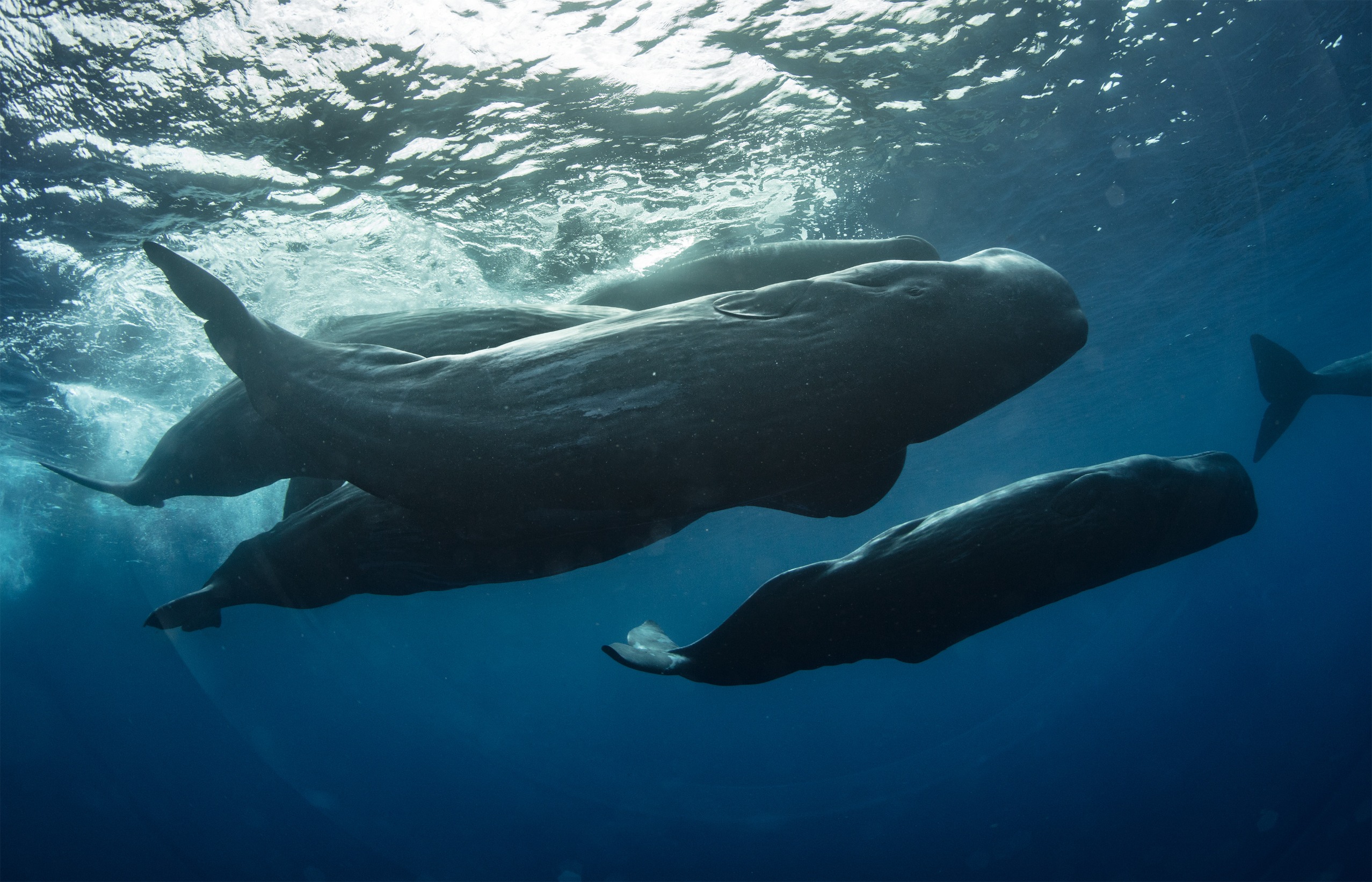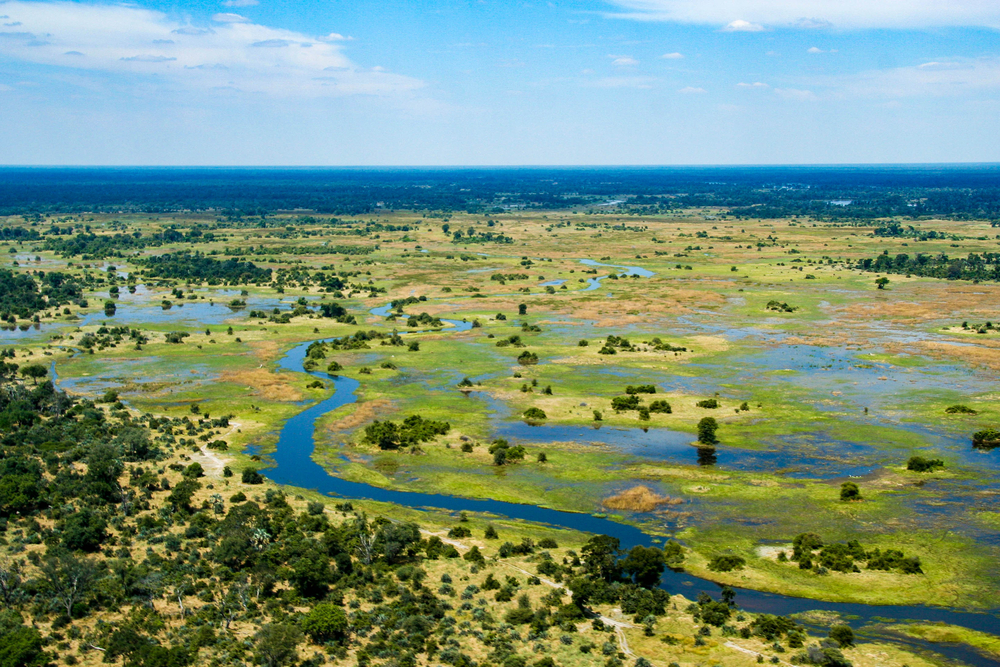Although it can be fascinating to see wild animals up close and personal, many animals kept for human viewing are not housed in humane conditions. In a big win for animals and their activists, France has passed a law gradually banning the use of wild animals in traveling circuses and the captivity of whales and dolphins in marine parks.
The law places an immediate ban on bringing in or breeding dolphins and killer whales in marine parks and a promise to phase out wild animals from traveling circuses in the near future. The law will also prohibit mink farming within the next five years.
The ban will mean no more bears, tigers, lions, elephants, and other wild animals in circuses, although it will continue to allow them in zoos and other permanent, more regulated, establishments.
France’s minister of ecological transition, Barbara Pompili, said in a news conference that the ban will be gradual because the country recognizes that this will be a big transition for workers in the industry. The government will also dedicate 8 million-euro to help people working in circuses and marine parks find other jobs.
Recent research and documentaries, like Blackfish, have shed light on the inhumane nature of keeping large aquatic animals in captivity. Traveling circuses too are known for their abusive practices while their mobile nature makes them more difficult to monitor and regulate. This new ban effectively targets inhumane facets of the animal entertainment industry, while allowing more conservation-centered institutions to remain in business. Hopefully, we will see similar bans implemented in other countries soon!












